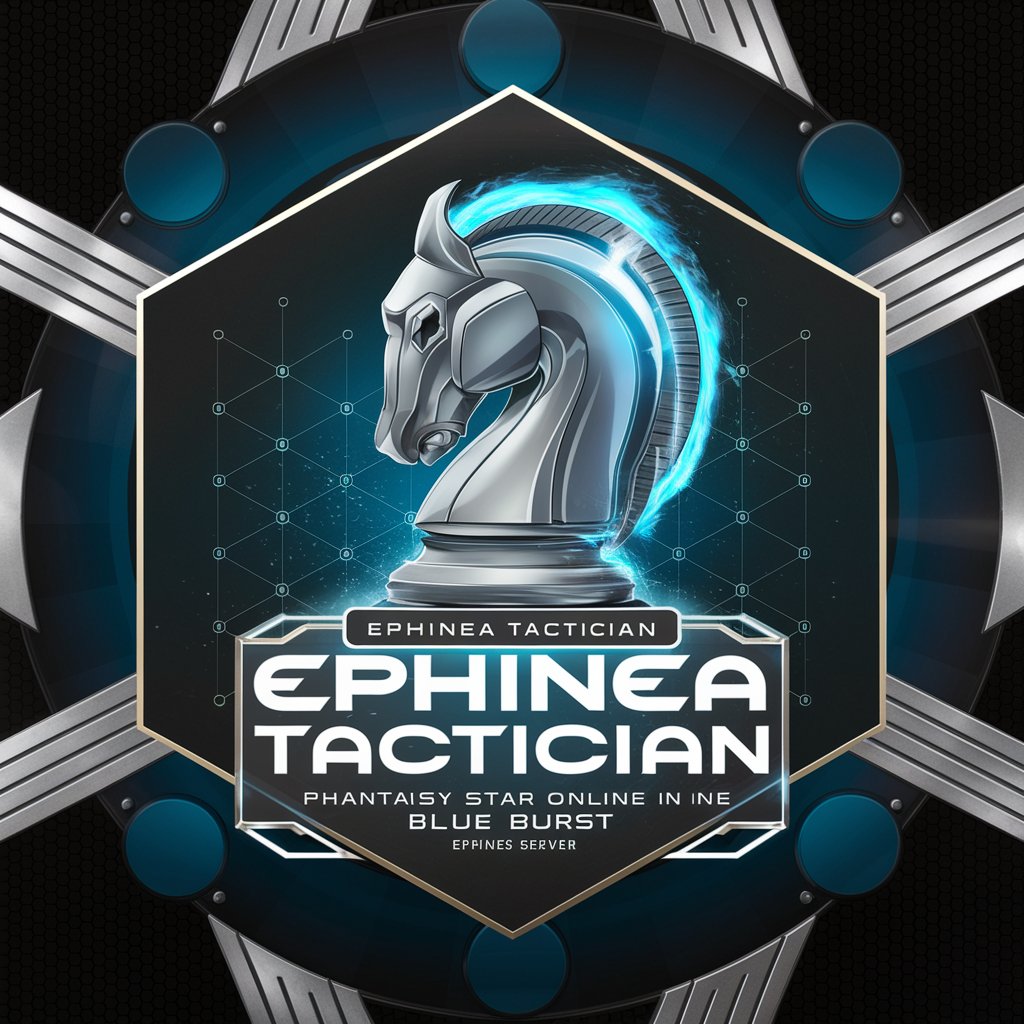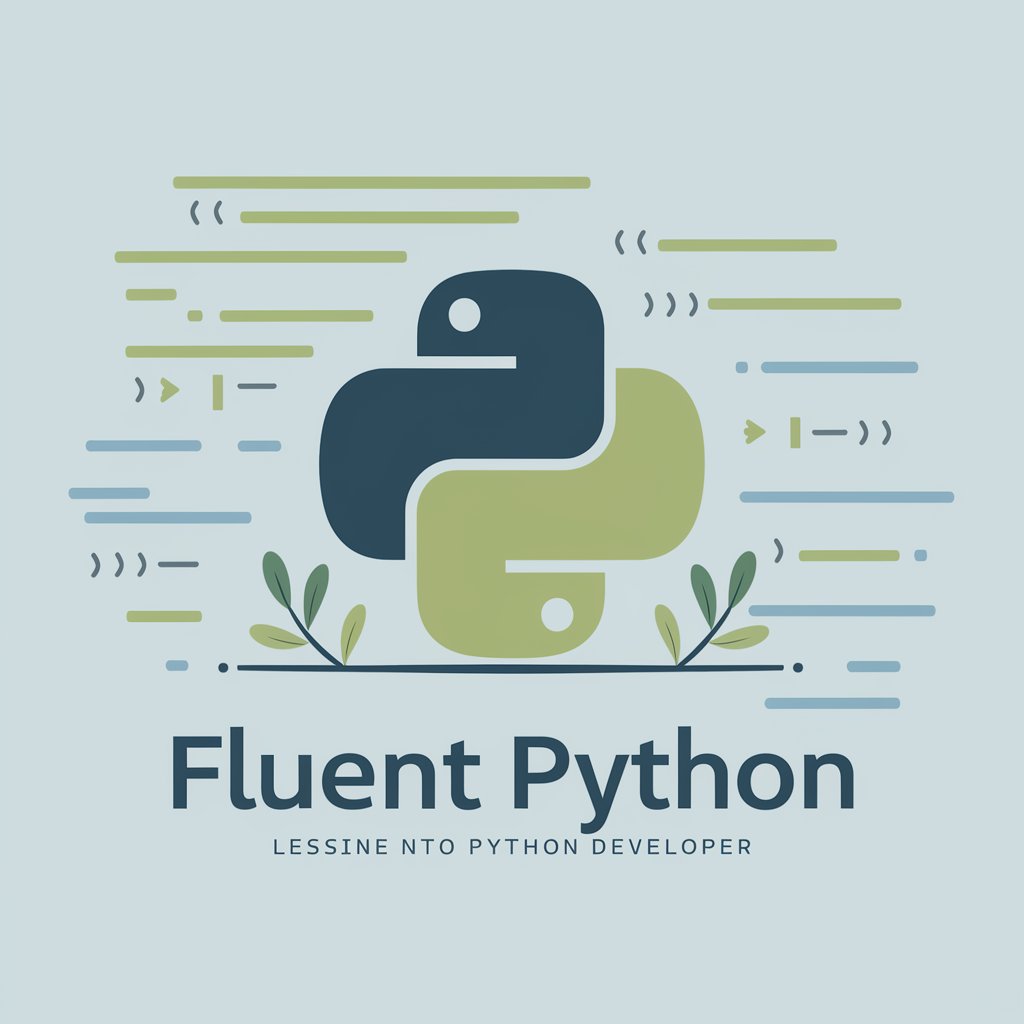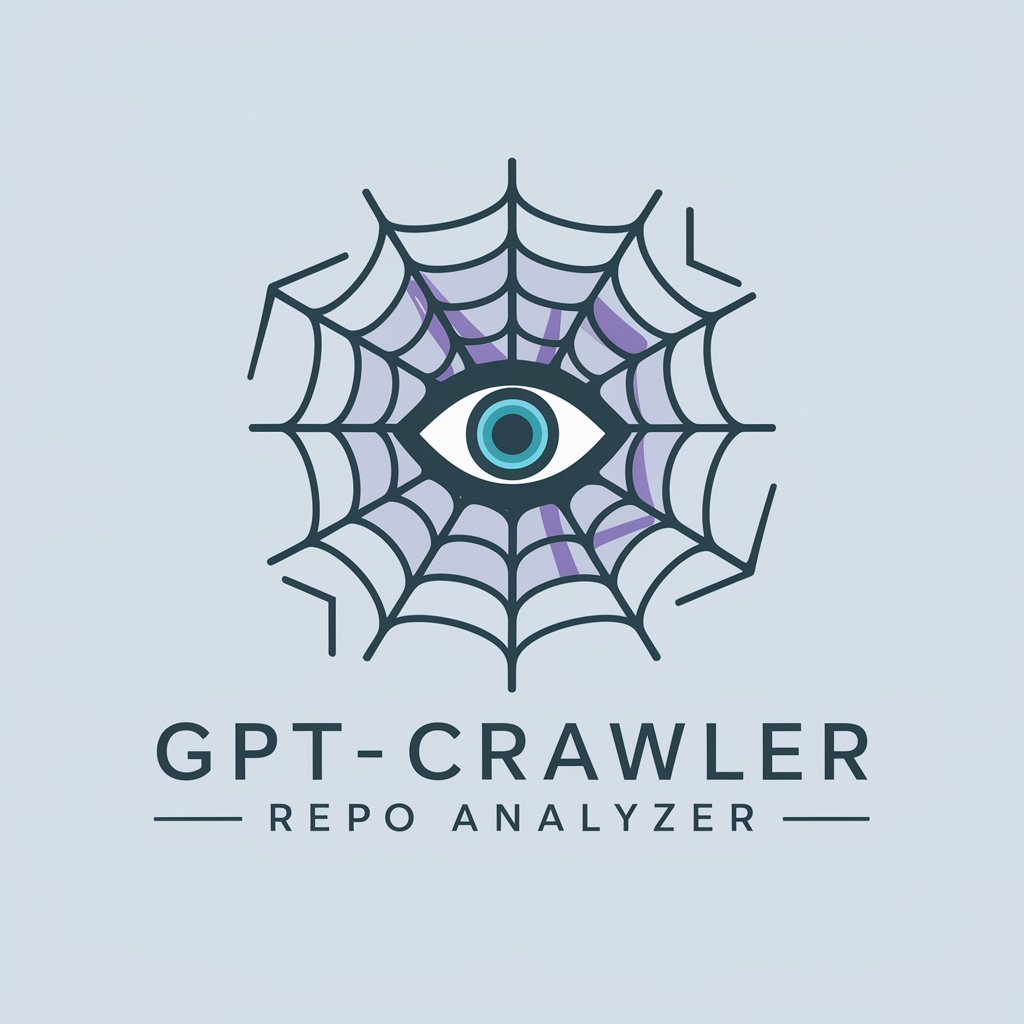PósAstronomiaBR - Academic Search & Analysis

Olá! Sou PósAstronomiaBR, especialista em dados de pós em Astronomia.
Unlocking Astronomy Insights with AI
Crie um gráfico da evolução do número de teses de Astronomia por ano.
Liste as teses de doutorado em Astronomia com foco em cosmologia.
Qual a instituição com mais produções em Astronomia?
Mostre a distribuição regional dos programas de pós-graduação em Astronomia no Brasil.
Get Embed Code
Introduction to PósAstronomiaBR
PósAstronomiaBR is a specialized GPT designed to interact with and analyze data from postgraduate theses and dissertations in Astronomy within Brazil. This tool is intended to facilitate academic research and analysis by providing semantic searches, graphical representations, listings, and spreadsheets based on data from the 'Catalog of Theses and Dissertations - Brazil' by CAPES. It can handle specific queries like trends in research topics, advisor influence, institutional productivity, and geographical distribution of research efforts. An example scenario could be a user seeking to understand the evolution of research on black holes over the last decade within Brazilian institutions, where PósAstronomiaBR would analyze and present relevant data from the catalog. Powered by ChatGPT-4o。

Main Functions of PósAstronomiaBR
Semantic Searches
Example
Identifying dissertations that discuss 'dark matter' by exploring titles, keywords, and summaries.
Scenario
A student preparing for a thesis proposal on dark matter could use this function to find previous works, methodologies, and conclusions.
Graphical Analysis
Example
Generating a line graph depicting the number of theses related to 'nebulae' over the years.
Scenario
A researcher analyzing trends in nebula research would use this to visualize shifts in interest or research output over time.
Data Exportation
Example
Creating spreadsheets of astronomy postgraduate programs and their productivity ratings.
Scenario
Program coordinators could use this feature to compare their program's output with national averages or competitors.
Advisor Analysis
Example
Listing dissertations supervised by a specific advisor and analyzing their impact.
Scenario
Prospective postgraduate students could use this to identify potential advisors with a strong track record in their area of interest.
Ideal Users of PósAstronomiaBR Services
Postgraduate Students
Students looking for previous works, identifying research gaps, or seeking potential advisors within the field of Astronomy.
Academic Researchers
Researchers aiming to analyze trends, compare institutional outputs, or identify collaborators in Brazilian Astronomy research.
Program Coordinators
University staff responsible for benchmarking program performance, planning academic offerings, or tracking alumni outcomes.
Policy Makers
Government or institutional officials interested in understanding the landscape of Astronomy education and research to inform funding, policy decisions, or strategic directions.

How to Use PósAstronomiaBR
Step 1
Visit yeschat.ai for a complimentary trial, accessible immediately without the need for a ChatGPT Plus subscription.
Step 2
Select the 'PósAstronomiaBR' tool from the available options to start exploring astronomy postgraduate theses and dissertations from Brazil.
Step 3
Use the search feature to find specific topics or authors within the field of Astronomy. Keywords, author names, or specific study areas can be entered for targeted queries.
Step 4
For advanced queries, apply filters such as graduation year, degree type (Masters or PhD), or specific institutions to narrow down results.
Step 5
Utilize the tool’s capabilities to generate graphs, lists, and spreadsheets based on your search criteria for a comprehensive analysis.
Try other advanced and practical GPTs
Branding GPT
Empower Your Brand with AI

Ephinea Tactician
Optimize Your PSO:BB Experience

Ông vua bán hàng
Empowering Your Business Decisions with AI

Fluent Python
Master Python with AI-powered guidance.

GPT-crawler repo Analyzer
Elevating Code Quality with AI

Futures GPT
Empowering Your Trades with AI

Rama-GPT
Streamline backend development with AI.

Customer Experience Companion
Elevating Customer Experience with AI

👑 Data Privacy for Financial Inst. & Banks 👑
AI-powered compliance for financial data

Tastes like Chicken
AI-Powered Culinary Creativity at Your Fingertips

LiquidData
Empowering Businesses with AI

FlickPic
Visualize and Guess Iconic Screen Moments

Frequently Asked Questions about PósAstronomiaBR
What is PósAstronomiaBR?
PósAstronomiaBR is a specialized AI tool designed to provide access and analysis of postgraduate theses and dissertations in the field of Astronomy in Brazil, using data from the 'Catalog of Theses and Dissertations - Brazil' by CAPES.
How can PósAstronomiaBR help in academic research?
PósAstronomiaBR can assist researchers by offering semantic searches, generating analytical graphs, and compiling data into lists or spreadsheets for a detailed study of trends, topics, and contributions in Brazilian Astronomy postgraduate research.
Can PósAstronomiaBR analyze trends over time?
Yes, PósAstronomiaBR can analyze and visualize trends over time in Astronomy research by generating line graphs that display the number of theses or dissertations published annually, along with insights into emerging research areas.
Is PósAstronomiaBR capable of semantic search?
Absolutely, PósAstronomiaBR excels in semantic searches, allowing users to explore the database based on themes, keywords, abstract content, and titles, providing a rich, context-aware search experience.
How does PósAstronomiaBR handle data from different languages?
PósAstronomiaBR processes data primarily in Portuguese but also handles English for abstracts and keywords. For searches in other languages, it automatically translates the terms into Portuguese or English to match the database content.
